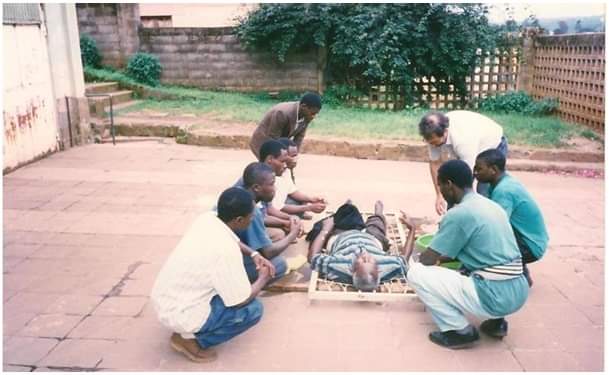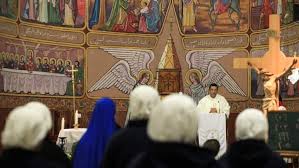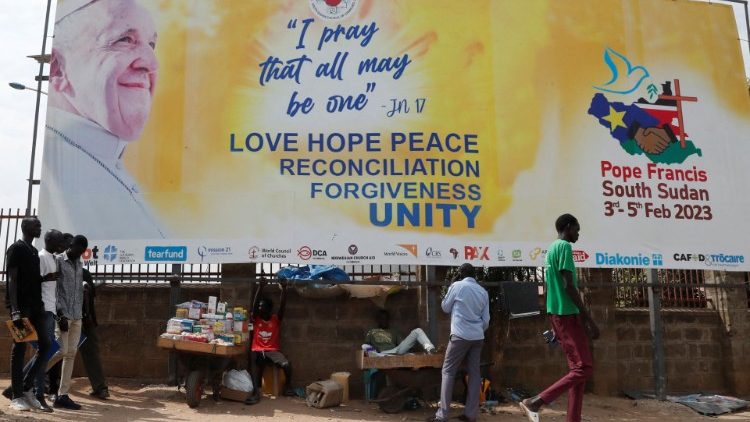Integral Ecology: My Experience and Perspective
I fear that I maybe an imperfect storyteller in attempting to convey the urgency and importance of the ecological crisis because of the many privileges I have been blessed with. However we, as humans, face an immense challenge in addressing our past failures to accept the responsibility we have to steward the natural world, and so I share part of my story in hopes of inspiring people to care and sustaining those who are committed to caring for our common home.
I am certainly not among those who will most be affected by climate change. I grew up in the United States, which has a robust environmental law and regulatory system in comparison to many other countries. I was born into a family and community with great environmental and social privilege.
I grew up in a coastal town on the Chesapeake Bay which is a beautiful body of water that is called an estuary – a place where fresh water from rivers and streams meet the salty water of the oceans. The bay is one of the first places I experienced a connection nature by spending time on its shores and paddling through creeks. Earth’s beauty was on display through the countless species of birds, fish, and plants that the bay sustained and, although at a young age I did not realize it, these experiences in nature shaped the person I would become and how I would look at the world.
Growing up I learned about the science of how the bay functioned as an ecosystem. I also learned how the bay’s health was damaged by years of pollution, urban and suburban development, and poor environmental policies. As I grew older, I became interested in how public policy can improve the lives of our communities and act as a lever of social change to positively influence how our society interacts with our environment.

My desire to contribute to making the world a better place brought me to where I am now as an undergraduate student studying environmental policy at Loyola University Chicago. Attending Loyola’s School of Environmental Sustainability introduced me to how various academic disciplines approach environmental issues. My coursework has included subjects such as sociology, economics, political science, communication and more. The interdisciplinary approach to environmentalism I experienced in my first three years at Loyola taught me that the world is going to need people from all backgrounds and experiences to contribute to solving the societal issues at the heart of why environmental problems exist.
In coming to Loyola, I was also exposed to the Jesuit mission for the first time in my life. I quickly appreciated their commitment to social justice, being people for others, and their drive to go set the world on fire.
As I learned more about public policy, I became aware of its strengths and limitations. Policy can be a powerful in making measurable changes in people’s lives, but it cannot do everything. My environmental ethics course challenged me to think deeper about why environmental issues exist, what are our moral responsibilities to address and prevent them, and what might be the root cause of these issues.

It’s likely unsurprising that as a part of my coursework I read Laudato si’ and Laudate Deum. Given the moral implications of the root causes of environmental issues, I appreciated the emphasis of morality and social justice in Pope Francis’ writings. Addressing environmental issues is social justice work and requires humanity come to terms with the reality of how our actions affect others, the earth and how the most vulnerable are often the least responsible, yet disproportionately experience the effects of systemic issues in society.
This past spring, I had the privilege of working as an intern with the Social Justice and Ecology Secretariat while studying abroad in Rome. My experience with the secretariat was another step forward on my journey as an environmentalist because the secretariat’s work continued to push me to reflect on how addressing environmental injustices in a global context is a moral imperative.
As a student, advocate, and simply as a human I have and will continue to try to answer the call to address the urgent social justice issues humanity faces. This requires us to change our behaviors and social structures that allow these injustices to occur. It is an intimidating call to respond to due to the vast amount of work it requires, but it is one that cannot go unanswered. I find the strength to continue this difficult pursuit in the actions and company of those who feel similarly about the need to wake up and continue the fight for environmental justice for all.
By Crabtree Thomas, SJES Intern (January-April)










